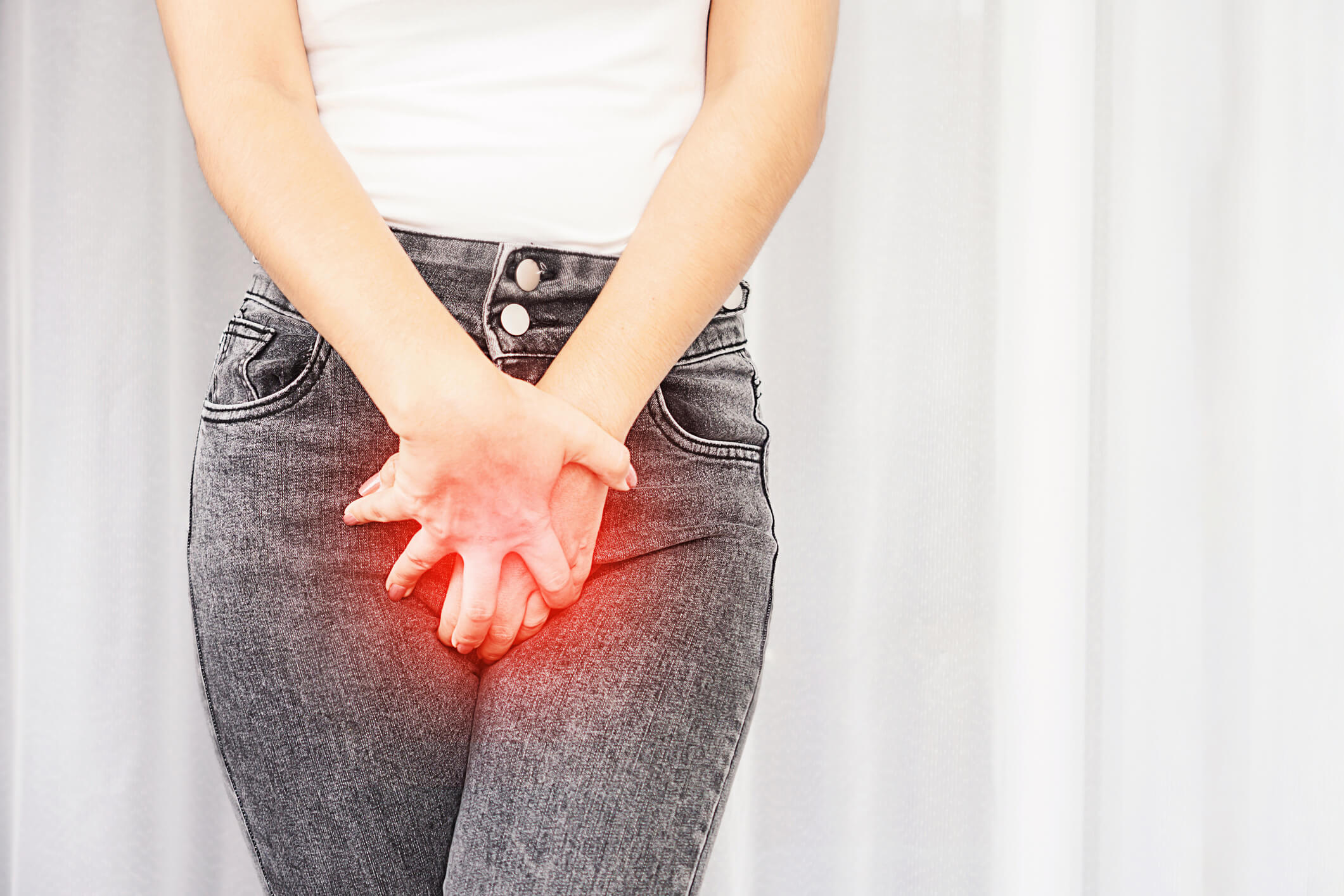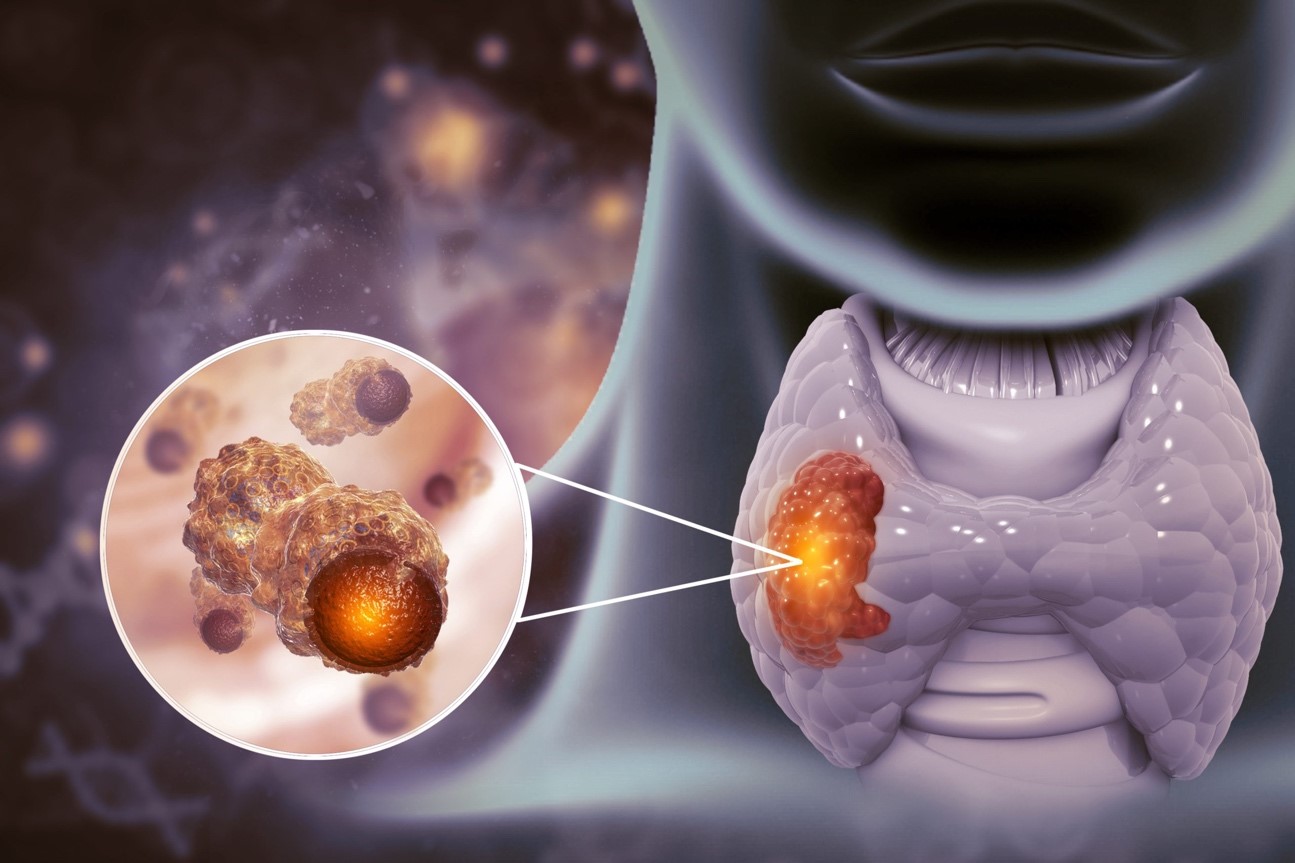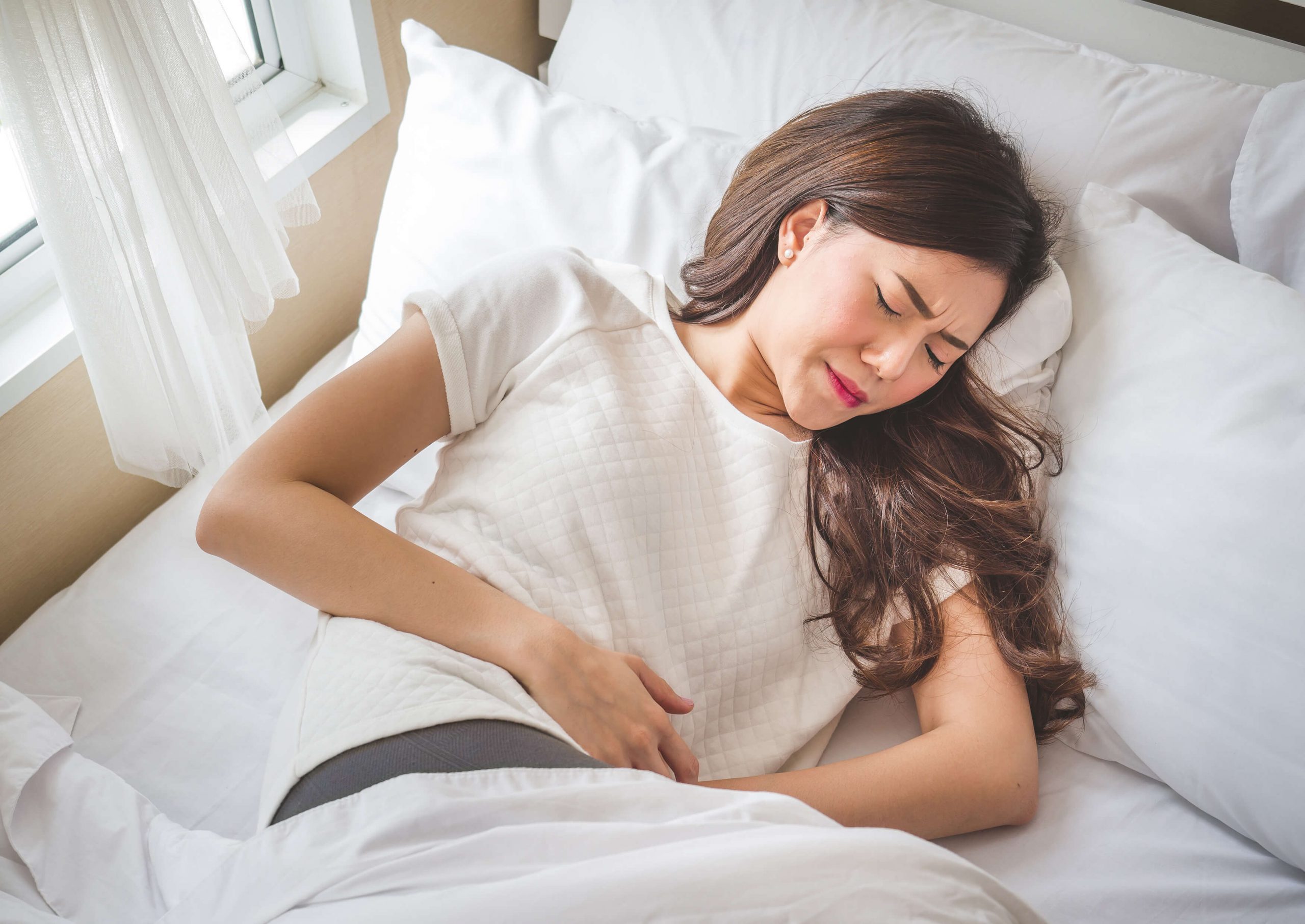Women's Health
Vaginal Itching: Common Causes and Treatments

Vaginal itching is one of the most common feminine issues faced by women in post-menopause stage as well as girls approaching puberty. There are many different causes of vaginal itching, read on to learn more about them.
What Is Vaginal Itching?
Most women will experience vaginal itch at some point in their lives. The causes of vaginal itch are numerous, and while the majority of cases result in temporary pain, some rarer causes can result in long-term, chronic itching, which can have a substantial impact on one’s quality of life.
What Are the Causes of Vaginal Itch?

Irritation or Allergic Reactions
Vaginal itch can be caused by vaginal exposure to irritating chemicals. These irritants may cause an allergic reaction, resulting in an itchy rash that spreads throughout the body, including the vaginal area. Among the most common chemical irritants are:
- Bubble baths with soap
- Sprays, douches, topical contraceptives, creams, ointments, and detergents for women
- Perfumed toilet paper and fabric softeners
- Underwear produced from synthetic materials
If you have diabetes or urinary incontinence, your urine may irritate and cause your vaginal area to itch.
Skin Diseases
Eczema and psoriasis are two skin illnesses that can cause redness and itching in the vaginal area.
Eczema, also known as atopic dermatitis, is a rash that affects people who suffer from asthma or allergies. The rash is crimson and scaly in appearance. For some, eczema can spread to the vaginal area.
Psoriasis is a widespread skin ailment that results in scaly, itchy, red spots on the scalp and joints. These symptoms can also appear in the vaginal area at times.
Yeast Infection
Yeast is a naturally occurring fungus that is found in the vaginal canal. It normally doesn’t cause any difficulties, but if it is left untreated, it can lead to an unpleasant infection.
Vaginal yeast infection is a name for this type of infection. According to a study, it affects three out of every four women at some point in their life.
Antibiotics can kill both healthy and bad bacteria, which is why infections frequently occur after taking a course of antibiotics. The beneficial bacteria are required to control yeast development.
Itching, burning, and lumpy, cottage cheese-like discharge are all indications of yeast overgrowth in the vaginal area.
Bacterial Vaginosis
Another prevalent cause of vaginal itching is bacterial vaginosis (BV).
BV is caused by an imbalance of naturally occurring good and bad bacteria in the vaginal canal, similar to a vaginal yeast infection.
Symptoms aren’t always present while the ailment is present. Vaginal itch, coupled with an odd, foul-smelling discharge are common symptoms. Discharge could also be thin, dull grey or white, and foamy in some circumstances.
Sexually Transmitted Diseases (STDs)
Several STDs can be spread via unprotected sexual contact, causing vaginal irritation. These are some of them:
- Chlamydia
- Genital warts
- Gonorrhoea
- Genital herpes
- Trichomoniasis
Additional symptoms of these disorders include abnormal growths, green or yellow vaginal discharge, and pain during urination.
Menopause
Vaginal itching is more common in women who are going through or have already gone through menopause.
This is due to a decrease in estrogen levels during menopause, which causes vaginal shrinkage. This is a mucosal thinning that can cause extreme dryness. If you don’t seek treatment for the dryness, it might create itching and irritation.
Stress
Vaginal itching and irritation can be caused by physical and emotional stress, though this isn’t particularly common. It could happen if your immune system is weakened by stress, making you more susceptible to infections that cause itching.
Vulvar Cancer
This is the rarest cause of Vaginal Itching. This cancer starts in the vulva, which is the exterior region of a woman’s genitals. The inner and outer lips of the vagina, the clitoris, and the vaginal aperture are all included.
Symptoms of vulvar cancer are not always present. Itching, irregular bleeding, or soreness in the vulvar area are some of the symptoms that might develop.
If your doctor discovers vulvar cancer early on, it can be successfully treated. It is thus recommended to see a gynaecologist every year for early detection.
When Should I Visit a Doctor Concerning Vaginal Itch?
If your vaginal itch is severe enough to interrupt your everyday life or sleep, you should consult your doctor. Although the majority of cases aren’t life-threatening, several therapies can help relieve the pain of vaginal itching.
If your vaginal itching lasts longer than a week or occurs in conjunction with any of the following symptoms, you should see a doctor:
- Vulvovaginal ulcers or blisters
- Tenderness or pain in the vaginal area
- Genital oedema or redness
- Urination problems
- An unusual vaginal discharge
- Discomfort during sexual activity
What to Expect at your Doctor’s Appointment
Your doctor will inquire about your symptoms, including the severity and duration of your symptoms. They may also inquire about your sexual habits. A pelvic examination will almost certainly be required.
Your doctor will visually evaluate the vulva and may use a speculum to see inside the vagina during a pelvic examination. They may apply pressure to your abdomen while slipping a gloved finger into your vaginal opening. This permits them to look for any abnormalities in the reproductive organs.
A sample of skin tissue from your vulva or a sample of your discharge may also be taken for analysis by your doctor. Blood or urine tests may be ordered by your doctor.
Treatments for Vaginal Itch
There are various treatment options available for vaginal itch: medical treatments and home treatments.
Medical Treatments
- If you get a yeast infection for the first time, you should consult a medical expert. Antifungal medication may be prescribed or available over-the-counter.
- Antibiotics or anti-parasite drugs which come as pills you take orally or as creams you insert into your vagina, are commonly used to treat bacterial vaginosis.
- Antibiotics or antiviral drugs are used to treat STIs, depending on the kind of infection.
- For skin diseases, your doctor will work with you to choose the best treatment option.
- Your doctor may prescribe hormone treatment (HT), estrogen creams, pills, or a vaginal ring insert for menopause.
- In other circumstances such as stress or allergic reactions, vaginal itching may go away on its own or after the chemical irritant or stressor is eliminated or handled.
Home Treatments
- Applying a cool compress to the labial area, such as a washcloth, can help relieve discomfort.
- Taking a sitz bath in which the perineum (genital and rectal areas) are submerged in water
Prevention of Vaginal Itching
Here are some tips to prevent vaginal itching:
- Maintain a clean and dry genital area.
- To help your vagina “breathe,” wear loose-fitting clothing and cotton underwear during the day and no underwear at night.
- Instead of using soap, simply rinse the area with water.
- Bathe in a warm (but not hot) tub.
- Do not use douches since they kill good bacteria that aid in the battle against illnesses.
- Applying hygiene sprays, perfumes, or powders around the vaginal area is not recommended.
- If you have an infection, use pads instead of tampons.
- When using the toilet, wipe from front to back.
- If you have diabetes, keep your blood glucose under control.
Conclusion
Vaginal Itching can be an uncomfortable experience. There are many different causes and the only way to ascertain it is by a medical professional. In most cases, Vaginal Itching is treatable with medication and home care. Preventive measures may also be taken to prevent future occurrences of vaginal itching. At SOG, our team of highly experienced gynaecologists are ready to assist you along the way.
WHO WE ARE
About SOG Health Pte. Ltd.
Established in 2011, SOG Health Pte. Ltd. (“SOG”) is a leading healthcare service provider dedicated to delivering holistic health and wellness services to the modern family.
With a long and established track record in Singapore providing Obstetrics and Gynaecology (“O&G”) services such as pre-pregnancy counselling, delivery, pregnancy and post-delivery care, the Group has since further expanded its spectrum of healthcare services to include Paediatrics, Dermatology, and Cancer-related General Surgery (Colorectal, Breast & Thyroid).
The Group’s clinics, under its four operating segments of O&G, Paediatrics, Oncology and Dermatology, are strategically located throughout Singapore to provide easy access to its patients.
- Obstetrics
- Gynaecology
- GynaeOncology
- Breast, Thyroid & General Surgery
- Colorectal, Endoscopy & General Surgery
- Dermatology
- Paediatrics
Consult With A Specialist From SOG
Visit one of our specialists today to learn more about your health!
Recommended Gynaecologist
Book An Appointment
Fill up this form and our clinic will get back to you shortly.
For general enquiries, please click here.








